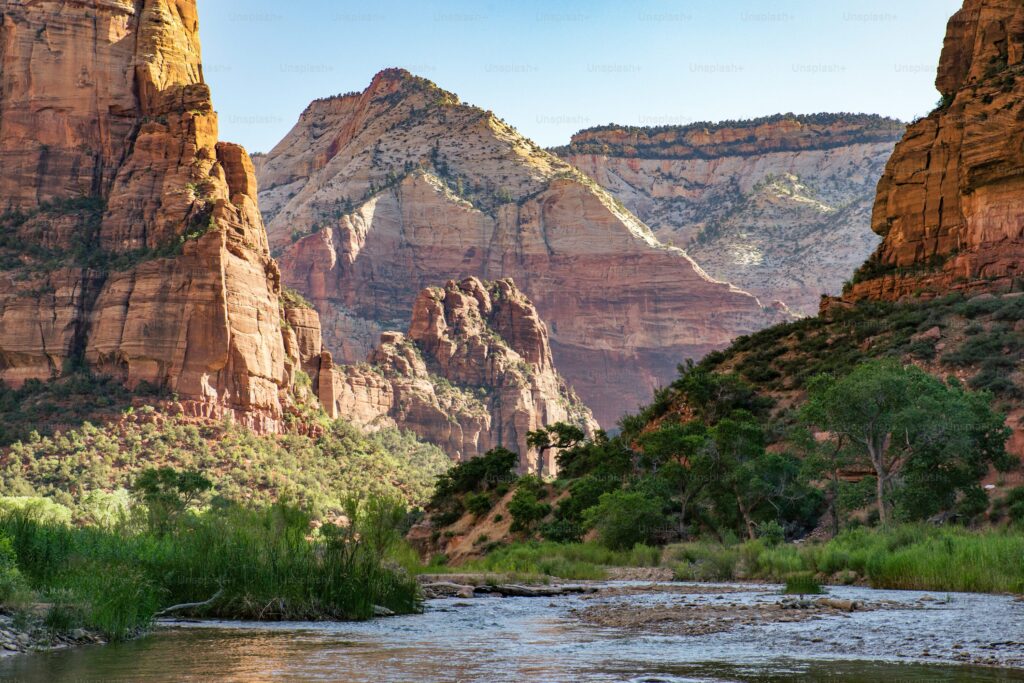In the National Post, Kelly McParland says it’s not smart to build your home on a floodplain. Which sounds like one of those bogus online “you might be smarter than you think if you realize this” features. But his point is that even people who claim to be convinced of the looming man-made climate apocalypse act as though they weren’t, including Canadian governments that don’t discourage people from building in places they say are going to be washed away. The punchline? Sometimes adaptation is the smart policy.
It’s not obvious whether McParland buys the man-is-responsible climate thing or not. But he has a keen eye for idiocy, including the B.C. government doing everything in its power to keep Alberta from shipping oil only to sue to make it keep shipping oil. And he sees that it’s stupid not to adopt a low-cost solution to a perceived problem.
For instance, he groans, “Few jurisdictions make more noise about their devotion to climate purity than California, where zillionaire film moguls, pop stars and entertainment impresarios build homes the size of Texas while professing their absolute determination to have other people reduce their carbon footprint. California has spent much of the past decade in a drought emergency, yet insists on devoting a tenth of its agricultural water use to a single crop — almonds — known for its vast thirst. Then it exports most of the result…. Californians love building homes in deeply wooded areas, despite regular fires that get lots of shocked attention in the press. When not building homes in the woods they look for scenic spots by the ocean, and are shocked when flooding washes them away.” Worse, he notes that the recent fire that burned down the town of Paradise and killed dozens is just one of about 1,500 caused by the “decrepit” Pacific Gas and Electric, “the state’s biggest power utility”. So now the new passionate environmentalist governor “is asking the state legislature to protect utilities from the costs of fires, perhaps by setting up state funds to pay off homeowners for damages. He hasn’t said how much that might cost, or whether taxpayers would be on the hook, or — if so — why other California residents should hold the bag for people who build houses in fire zones or flood areas.”
No indeed. Now as Judith Curry has explained, doing precise cost-benefit analyses is actually very difficult because we don’t know what’s going to happen or how much we should care if it does. In a world where we expect a ludicrous degree of mathematical precision on virtually every topic this message is hard to accept. But as Curry argues, turbulence in atmospheric and oceanic systems make accurate predictions difficult or even impossible; especially on a regional scale you just can’t know what’s going to happen. (As Anthony Watts puts it bluntly about the U.S. Department of Energy’s contract for a Cray “Frontier” supercomputer at Oak Ridge National Laboratory, expected to run at over 1.5 exaflops when it boots up in 2021, “New “exascale” supercomputer can run incorrect climate models even faster”. An exaflop is a quintillion calculations a second. But as anyone with life experience can testify, the capacity to make mistakes faster is not a blessing except, perhaps, in bullet chess.)
The upshot is that we can’t know everything about everything so it makes sense to use common sense on tradeoffs. Thus Bjorn Lomborg argues that the World Bank should stop spending huge sums on reducing GHGs in poor countries with the goal of “reducing temperatures a bit in 100 years time” and instead put those scarce resources into “malaria and education” (against the former, for the latter) as a far more cost-effective way to save lives now and make people in poor countries better able to cope with a slightly warmer world 2100 than they currently can even with current conditions.
As for rich countries, as McParland says, “The case against carbon taxes is that they will achieve little, at considerable expense. That may or may not be the case, but one can certainly suggest it’s time to move on from that debate and begin a much more practical approach to the matter. Manitoba moved decades ago to prevent Winnipeg from periodic flooding by building a mammoth diversion route. It was deemed expensive at the time but has easily proved its worth. Only now, though, are other areas getting around to seriously addressing the question of prevention. One way to do so is to dissuade people from building homes or cottages in areas that are likely to suffer when flooding gets out of hand.” And he approvingly quotes Quebec Public Security Minister Geneviève Guilbault on houses that keep getting flooded that “We want to avoid people benefiting, year after year, from financial help without a maximum amount.”
It seems that incentives matter. “An excellent way to avoid crises by fire and flood is to take into account the realities of nature when building in the first place. It’s not just bad luck when a home, cottage or business gets flooded by a rising lake or river, it’s bad planning and blind optimism, supported by the expectation some level of government will cover part of the cost when disaster strikes.”
Of course it’s hard to have an adult conversation about costs and benefits when the obligatory assumption is that every effect of warming is terrible and that everything terrible is the effect of warming. It tips the scale. The Inuit Circumpolar Council, for instance, just gave Donald Trump the business for refusing to include “climate change” in an Arctic Council declaration. Arguably they exaggerate the effect of such declarations. But they quoted James Stotts, President of ICC Alaska, that “Inuit see the reality of climate change every day. And the reality is our communities are struggling for survival.” If at any time since the 17th century you had asked almost anyone what made it hard to survive in the Arctic you would have been told, as though speaking to a small and somewhat dim child, that it’s really really cold. Now apparently if it gets slightly warmer people struggle for survival there. Which makes you wonder what fool invented fire.
Be that as it may, in the real world there are some simple things we can do to reduce the costs of what the alarmists tell us is the result of man-made climate changes, like floods in floodplains. Indeed, even if you think they’re called floodplains for other reasons, you don’t want to adopt policies that encourage people to live there.



The article by Bjorn Lomborg states that "three billion people currently suffer from terrible indoor air pollution, because poverty forces them to burn dirty fuels such as wood and dung to cook and keep warm." That really emphasizes the suffering of a huge proportion of the world population that does not have access to electrical power. The climate alarmists in their comfortable homes in Western countries are going to try to keep these people in the dark as long as possible.
If Weaver, Horgan, and McKenna really cared about reducing global carbon emissions, they would be scrambling like mad to get pipelines to tidewater. This would have two effects: (1) It would allow more of Asia to replace coal with oil and LNG as a source of energy, thereby reducing CO2 emissions. (2) It would increase the price of Canadian crude to the USA, having the same effect as a whopping carbon tax. Wealthy Californians and Texans might have to pay a few cents per gallon more the drive their SUVs.